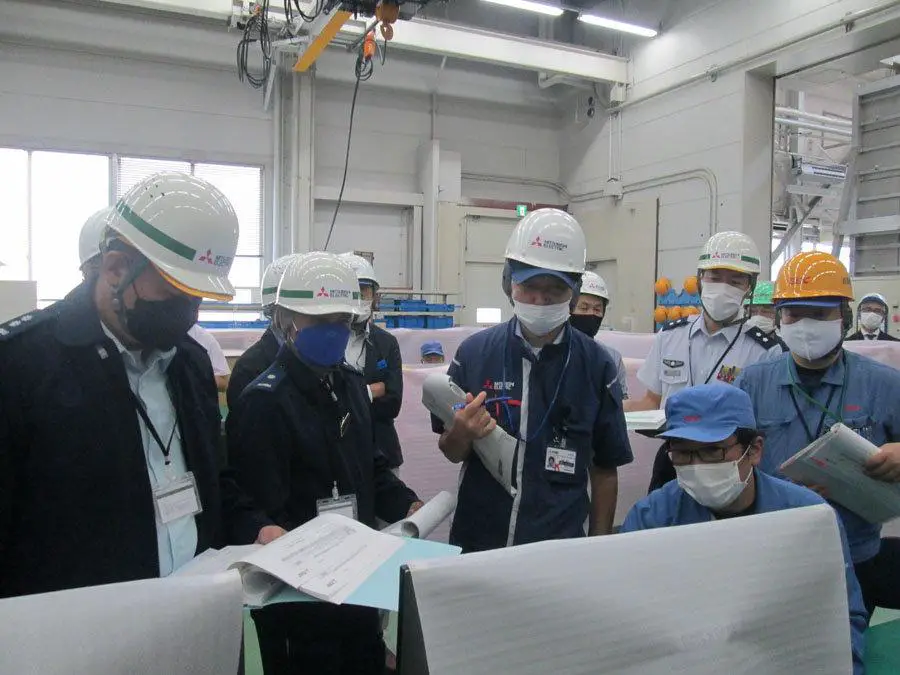Mitsubishi Electric Corp. has completed an air surveillance radar unit for the Philippines to be the first such export under rules that were eased to allow defense equipment to be shipped overseas under certain conditions. The radar system will be delivered to the Philippines in mid-November or later. The Philippines are engaged in a territorial dispute with China in the South China Sea. This will be the first domestically produced defense equipment to be shipped overseas since the administration of former Prime Minister Shinzo Abe eased export rules in 2014 under the “Three Principles on Transfer of Defense Equipment and Technology.”
Mitsubishi Electric Corp. signed a contract with the Philippine government to deliver in August 2020. This cooperation signifies Japan’s first time to export Japanese-made defense equipment, permitting sales of defense equipment, as long as it is deemed for the promotion of international peace. Japan is considering selling air defense radar technology to the Philippines in what would be its first export of defense equipment since ending a nearly 50-year ban in 2014. The project, which has an Approved Budget for Contract of PHP 5,500,000,000.00, was awarded to Mitsubishi Electric Corporation (MELCO) with a total contract price of $103,500,000.00.

The Mitsubishi Electric Corp Air Surveillance Radar System package includes three (3) fixed long-range Air Surveillance Radars, each with building facilities and one (1) mobile Air Surveillance Radar. An air radar unit is used to track the movements of fighter jets and other objects in flight. The Japanese Air Self-Defense Force will host six personnel from the Philippines Air Force from Oct. 4 for training on operating and maintaining the radar units. Tokyo is sounding out the Philippines about buying an upgraded model of the Mitsubishi Electric-made FPS-3 air defense radar system, which Japan’s Air Self-Defense Force has used since 1991.
The recommended ASRS sites will cover large areas of the Philippine Rise, Southern Areas of the country, and the Southern portion of the West Philippine Sea. Operations from these strategically vital locations will enable the Philippine Air Force to provide optimal airspace monitoring, aircraft control, perform its Air Defense mission and enhance the security in Areas of Interest identified by the DND. Specifically, the ASRS will help to detect, identify, and correlate any threats and intrusions within the Philippine exclusive economic zone (EEZ) and deliver radar images to decision-makers and relevant operating units.
















